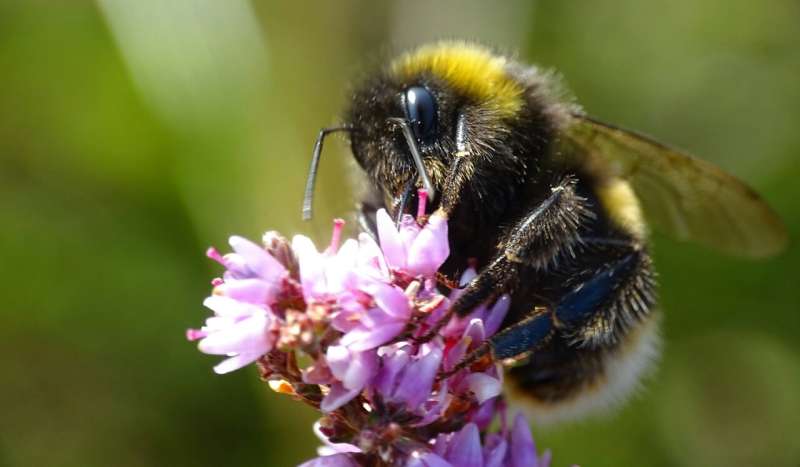New research from Newcastle University suggests that stressed bumblebees exhibit behaviors resembling human emotions, making more pessimistic choices and lacking their typical ‘buzz’ in life. This study sheds light on the complex cognitive abilities of insects and how stress can impact their approach to pollinating flowers. Bumblebees play a crucial role in the ecosystem, and understanding their emotional responses could inform conservation efforts.

Stressed Bees and Pessimistic Behavior
Researchers at Newcastle University have made a fascinating discovery – stressed bumblebees are more likely to make pessimistic choices and exhibit emotion-like states, similar to what is observed in humans. The study, published in the Proceedings of the Royal Society B, found that bees who experienced a simulated predatory attack were much less likely to interpret ambiguous cues as indicating a high reward.
The researchers trained bees to associate different colors with either a sweet reward or a much lower reward. Once the bees learned these associations, two groups were subjected to a simulated predatory attack, while a third group remained unstressed. The bees who had experienced the attack were significantly more likely to visit the low-reward locations, suggesting they had a more pessimistic outlook on the potential for high rewards.
Emotion-like States in Insects
This research challenges the traditional view that complex emotions are unique to vertebrates, such as mammals and birds. Dr. Vivek Nityananda from Newcastle University explains, ‘Emotions are complex states and in humans involve a subjective understanding of what you are feeling. We might never know if bees feel something similar. However, what this research can say is that bees have similar responses when they are stressed and make pessimistic choices.’
The findings suggest that emotion-like responses may be evolutionarily conserved, meaning they have been passed down through various species, including insects. This opens up new possibilities for understanding how stress affects insect cognition and behavior, which could provide valuable insights for conservation efforts.
Implications for Pollination and Conservation
The researchers emphasize that this study has significant implications for the pollination of flowers and plants. If stressed bees are less likely to expect high-quality rewards, it could impact their approach to pollinating flowers, potentially affecting the overall ecosystem.
Dr. Olga Procenko, who led the research at Newcastle University, says, ‘Our research suggests that like other animals including humans, bees may experience emotion-like states when stressed, as demonstrated by a clear shift towards pessimism. When faced with ambiguity, stressed bees, much like someone seeing the glass as ‘half empty,’ are more likely to expect negative outcomes.’
Further research is needed to fully understand the implications of this discovery for pollination and conservation efforts. Scientists aim to investigate the neural mechanisms involved and determine whether bees in the wild exhibit similar responses to stress.
